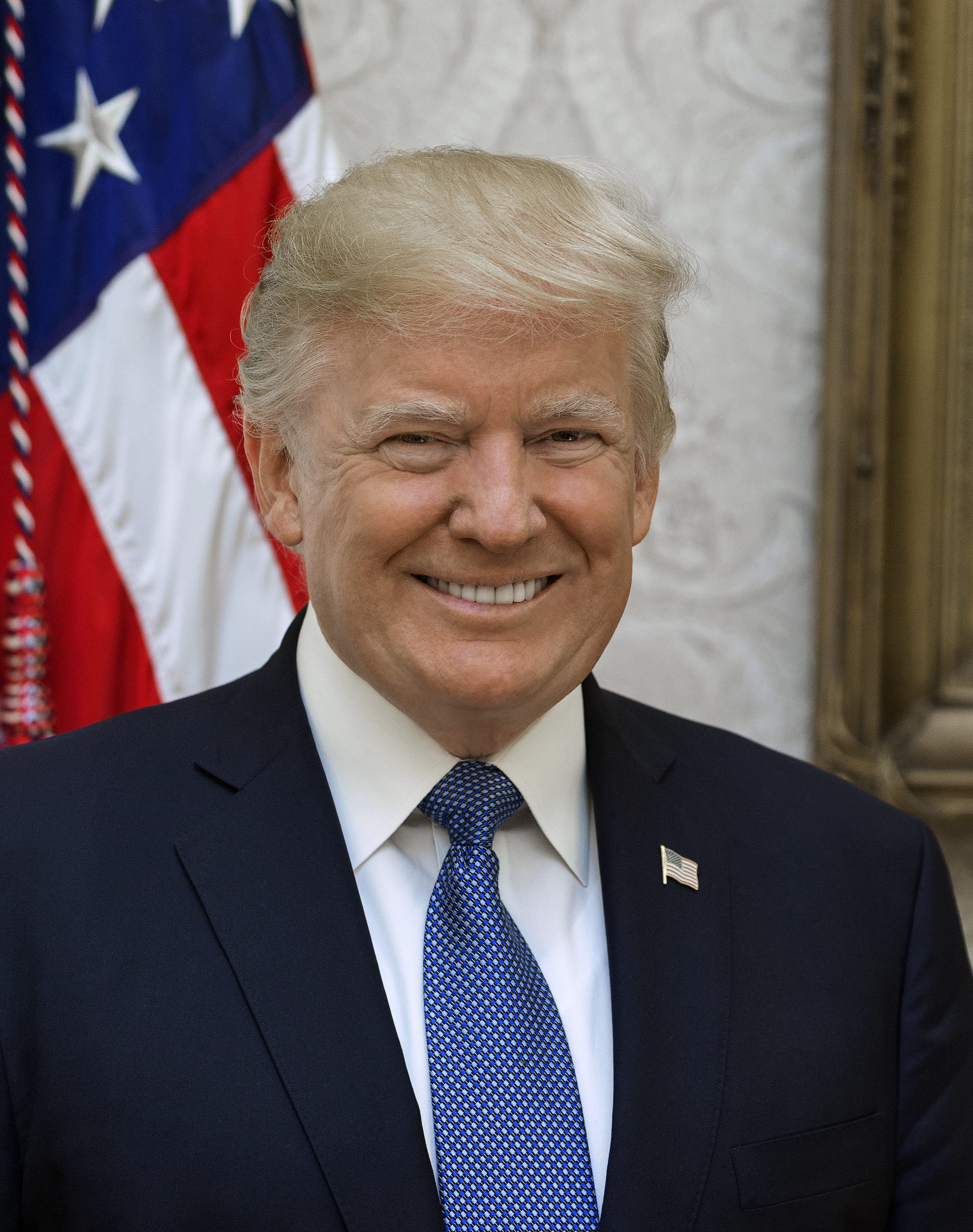By Luke Cross
“Shithole.” Media outlets spent an entire weekend covering the presidential buzzword as soon as it spilled from President Donald Trump’s mouth during a meeting with lawmakers.
Specifically, the president referred to Africa, saying “why do we want all these people from ‘shithole countries’ coming here?”
As is the trend with political coverage, opinions were harshly divided.
Liberal figureheads attacked the president for his blatantly offensive remarks, while Ugandan President Yoweri Museveni praises Trump for speaking to Africans “frankly.”
The ripples of his statement reach so far that a South African representative urged his peers to boycott Trump’s address to attendees of the World Economic Forum in Davos, Switzerland, on Friday.
Given Trump’s dodging of the topic at Davos, I feel it’s important that I also speak frankly on the president’s remarks: Trump keeping his own foot in his mouth is the least worrying part of this controversy.
Discrimination from the Oval Office is nothing new at this point.
Selective travel bans, the condemnation of “bad hombre” immigrants and mocking a disabled reporter helped solidify Trump’s legacy of unabashed childishness. This isn’t an excuse for his previous actions, but an attempt to put the shithole controversy in context.
There is precedent to be found in Trump’s criticism, but it isn’t the expletive that garnered so much coverage. Instead, I want to focus on the beginning of the statement in question.
“Why”.
Such a simple interrogative pronoun carries incredible weight.
The world became so lost in the thicket of racial undertones and their implication in foreign relations that we suffered tunnel vision. Obsessive focus on the statement’s buzzword resulted in the leader of the free world going unchallenged in his criticism of immigration.
Typically, when a president declares a position on any topic by taking a stance, tidal waves of resistance and support follow in its wake. This is critical, as the casual conversations about politics shape opinions which then inform legislation.
When that position is left to unattended to, there is no mediation.
One of democracy’s checks and balances is sacrificed, so we can instead gossip about how the commander-in-chief said a bad word.
Precedent is a valuable component in our political system. Its use is most frequent in legal arbitration, where a court uses previous decisions to influence outcomes of future cases. The concept’s reach, however, extends far beyond the courtroom.
Daily life is influenced by the political environment in ways that often go unnoticed. Recent presidential memes such as “covfefe” and “build a wall” may be more explicitly ingrained in our dialogue, but the more mundane statements slowly pile up.
Allowing elected officials to make unchallenged claims defeats the purpose of election, and allows said officials to rule as they wish. When we live under a government that openly shuns globalism, globalist ideals aren’t enforced.
Whether you enforce nationalist policy is irrelevant, what matters is that your opinion becomes irrelevant when its focused on cursing instead of consequential political opinions.
The entirety of Trump’s presidential campaign relied on an overwhelming amount of information.
While the email scandal sunk Hillary’s campaign, Trump survived through a number of scandals because none held a headline long enough to do damage. This same tactic is presented in the shithole statement.
Even if you support the president, don’t take this bait. Analyze what he has said and what he will say, without distracting yourself with whatever obscenities he may drop. Your opinion matters and it should be heard, not wasted on some cheap diversion.
Header photo courtesy of Wikimedia Commons



